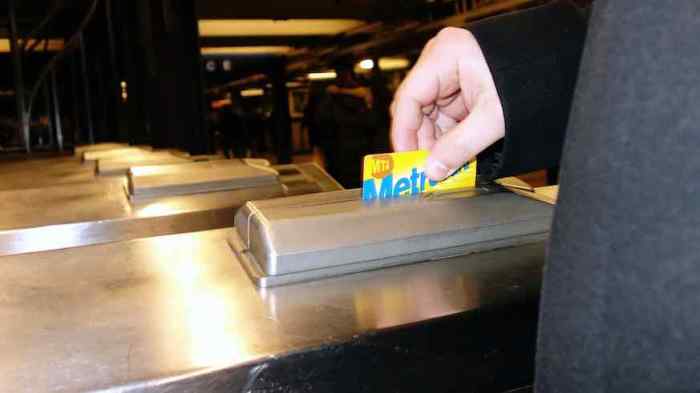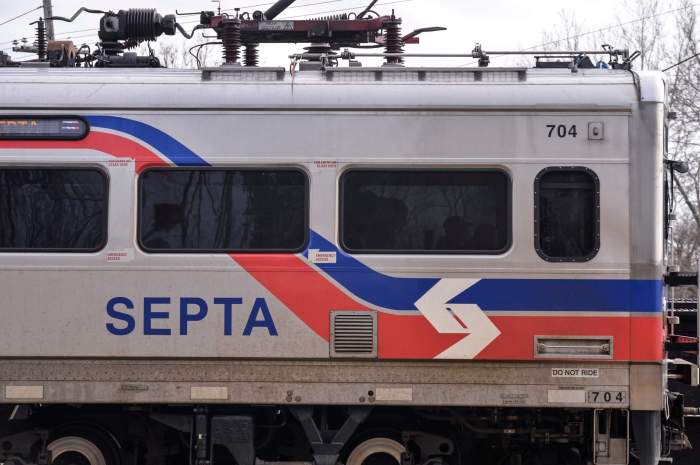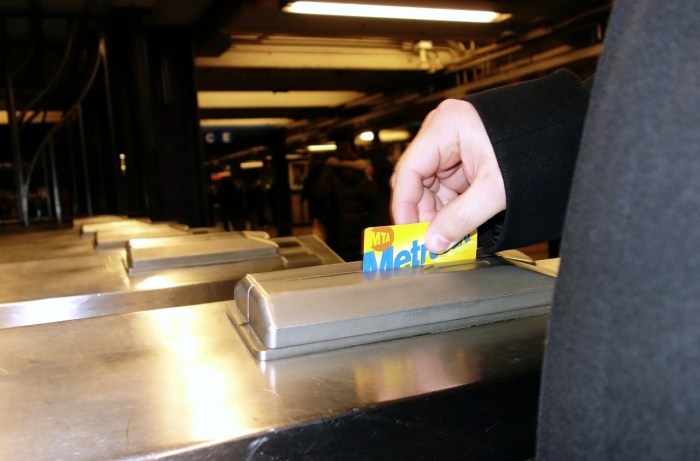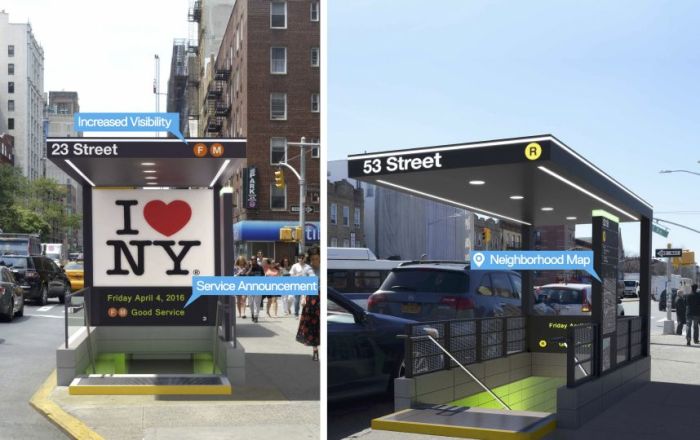It’s finally time for the MBTA’s board to vote on raising fares for thousands of commuters.
On Monday, the five-member panel appointed by Gov. Charlie Baker to oversee the T’s finances and management are slated to decide whether, and by how much, to jack up the cost of trips on its rail and road services. The options before the board are two: raise fares system-wide by about 7 or about 10 percent. There is a third option for the board not to raise fares at all, as rider advocacy groups have been calling on the T to do for months, showing up at meetings bearing signs and slogans. Some, among them the T Riders Union, have embraced a boxing metaphor, comparing their efforts to quash a rate hike to a title fight. The proposed hikes come as the Baker administration has pledged to streamline the service, hoping to reverse course for an MBTA that has on its books a backlog of repairs worth $7 billion.
Raising fares could shave a slice of either $33 or $49 million from the T’s projected deficit next fiscal year. At latest count, the deficit was about $130 million, down more than $100 million from earlier figures. The state has previously looked to the Legislature to plug that hole with taxpayer money. RELATED: MBTA kills late-night service
The T also took on a cost-cutting measure when it voted last week to eliminate late-night service on the transit service, saving about $9 million.
Fares would go up 6.7 or 9.7 percent, to be precise, if the board approves either plan. The two proposals would raise fares by varying amounts depending on the service. Under one proposal, monthly LinkPasses for the subway would go up 12.7 percent, or $9.50. At the same time, the proposals would actually reduce the cost of local bus fares. Earlier in the debate process, many questioned whether a fare hike by the amount the T is proposing is legal – a 2013 bill’s language says the T cannot “increase fares of less than 24 months or at an annual rate greater than 5 percent.” T officials have interpreted that language to mean the state can raise fares by 5 percent each year, or 10 percent total. Opponents have argued raising prices isn’t fair while problems persist with the aging system, that it would make a relatively small dent in the T’s overall budget, and that a fare hike would impact low-income and minority residents hardest. “Hiking T fares now is not justified by service quality,” James Aloisi, former state transportation secretary, wrote in Commonwealth Magazine in November. “Imagine a company that sells sour milk thinking that the first step toward rebuilding its business is to charge more for the sour milk.” RELATED: MBTA’s runaway Red Line train report released Officials, though, have said a fare increase of some kind is necessary and all but inevitable.
“The prospect of no fare increase, I think, is off the table,” MBTA Advisory Board Executive Director Paul Regan – who is not among those making the decision on Monday – recently told the State House News Service. “I don’t get a lot of complaints that the fares are too high. What I do hear – almost constantly – is that the service is unreliable.” Regan also said he hoped the T would exempt the state’s most at-risk populations from a hike.
Supporters for the fare hike also include Mayor Marty Walsh.
“Fare hikes are never positive. They’re never popular, but the MBTA needs money. And that’s the bottom line,” Walsh told the News Service and other reporters last week.
RELATED: The Roxbury Youth Orchestra needs your help
Eileen McAnneny, co-chair of the Fix our T coalition, in late February urged board members to “do what it takes to balance the operating budget.”
The meeting is scheduled for 1 p.m. on Monday at the MassDOT headquarters.
A new fare structure, if passed Monday, would take effect July 1.
Time has come for MBTA fare hike vote
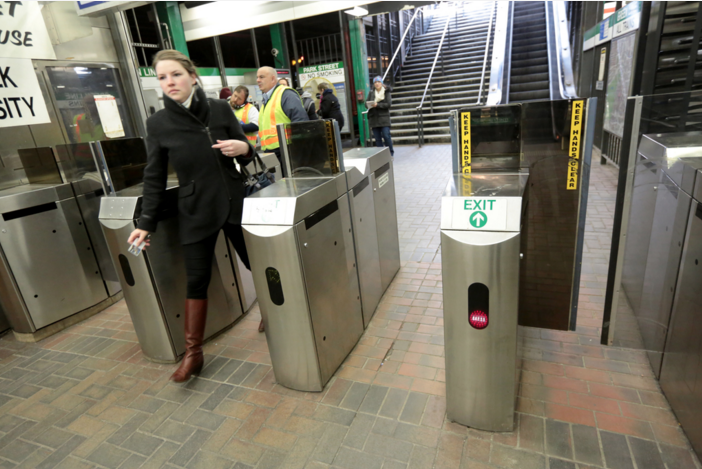
Nicolaus Czarnecki/Metro










